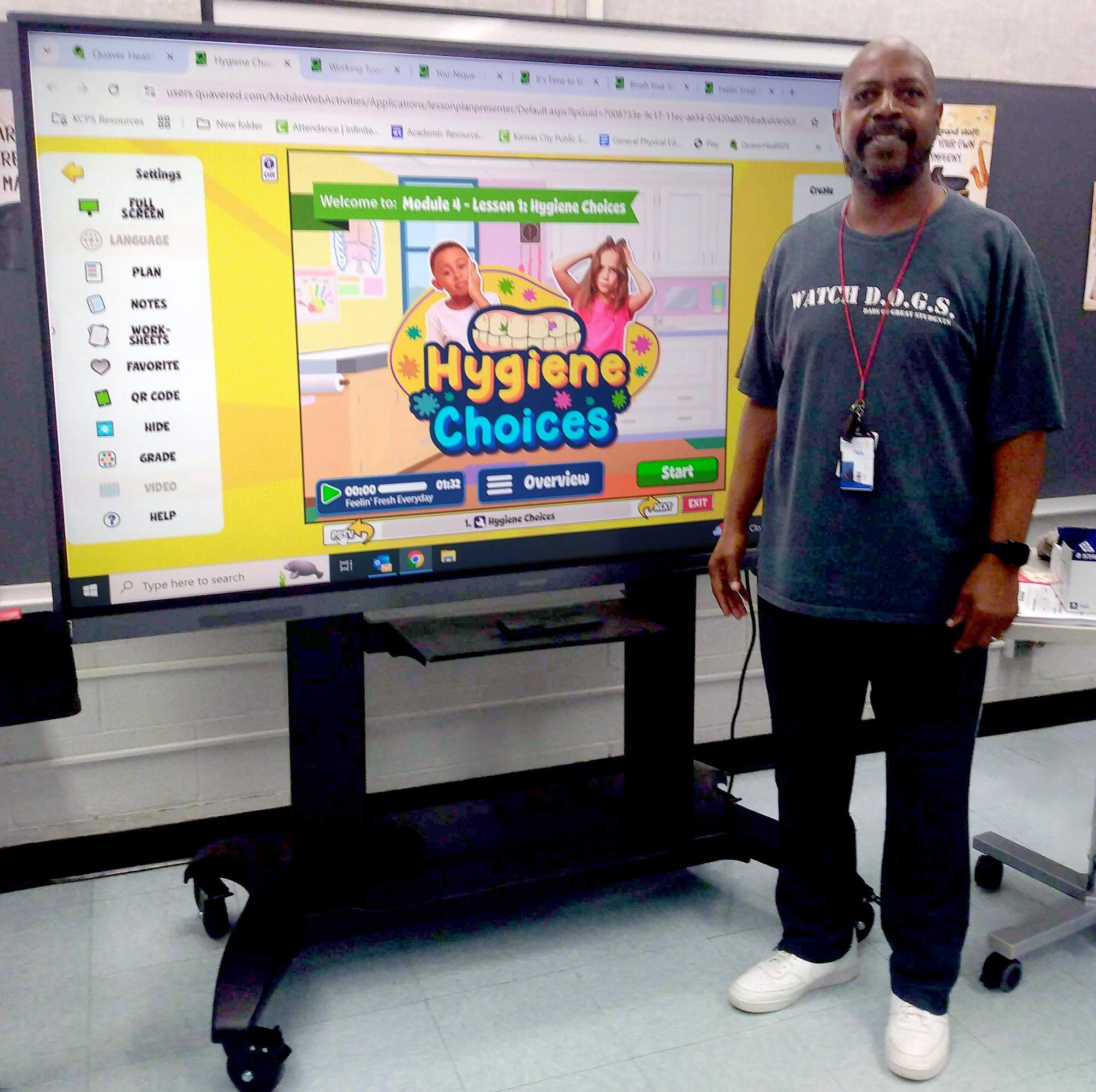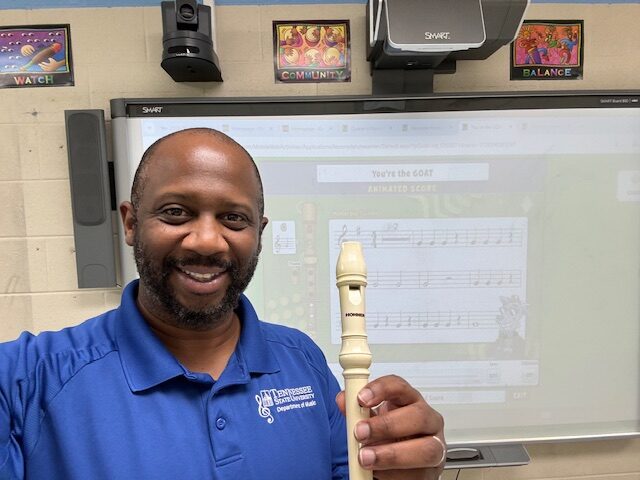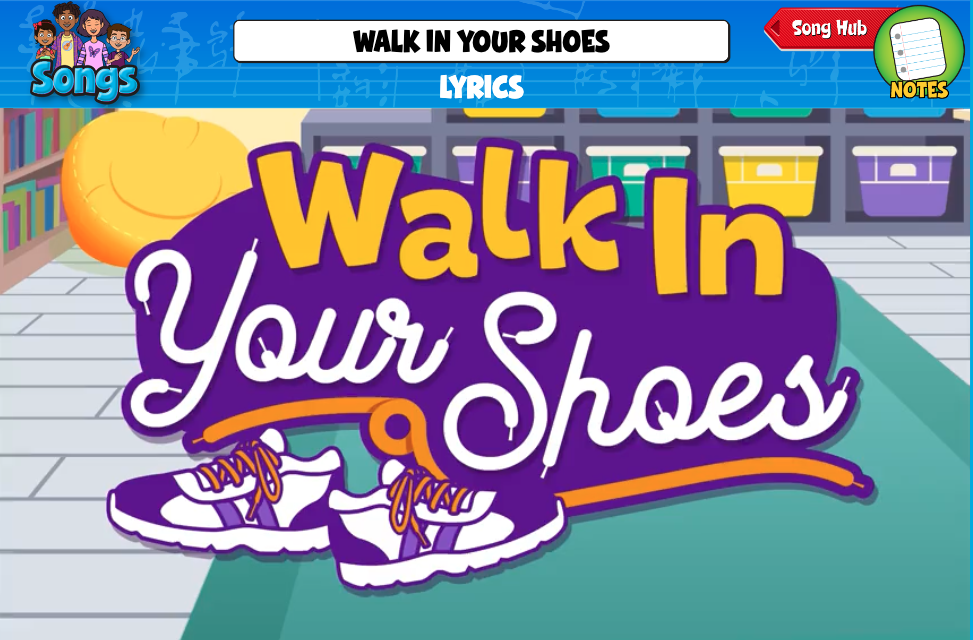QuaverSEL brings compassion, comfort, and academic growth to the classroom
by Kristin Clark Taylor
***
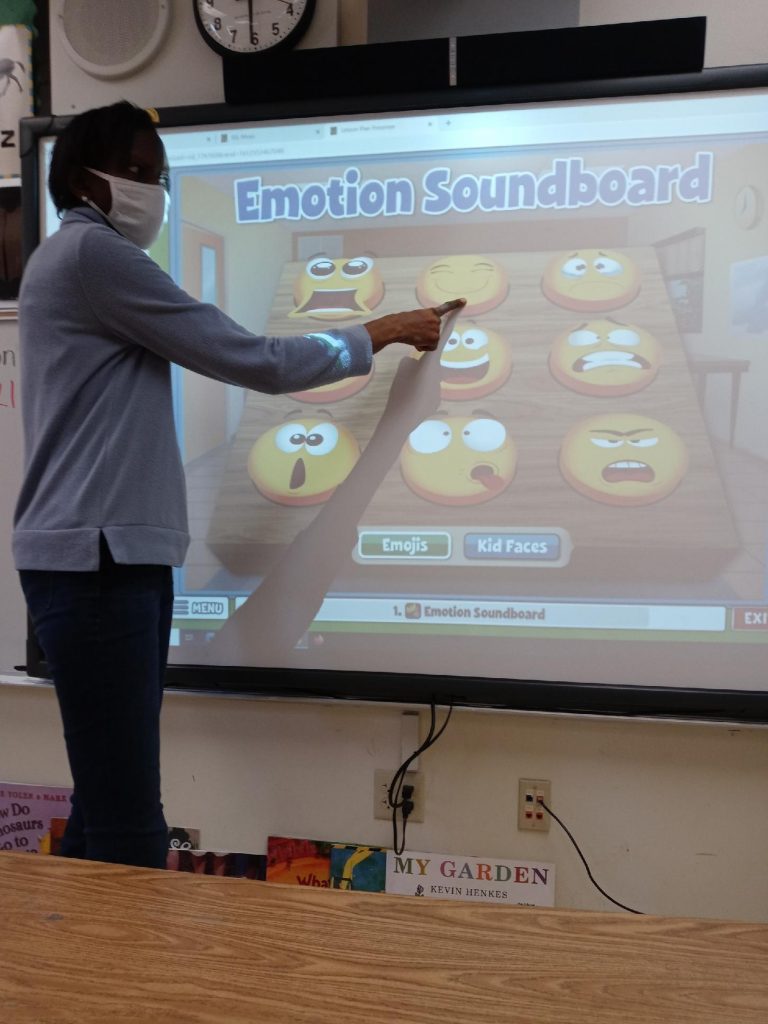
Latricia Wooten uses Quaver’s “Emotion Soundboard” to help her students navigate – and communicate — their feelings during these challenging times.
***
Every classroom is different. Every teacher must face and embrace different circumstances that are as unique as each one of their students.
But whether you’re teaching math or music, science or civics, fine arts or phys. ed., this much is common in all classrooms: Students are struggling with emotional issues.
Latricia Wooten, an extraordinary 1st-grade Language Arts and Reading teacher in Miami’s Brentwood Elementary, has found a way to help her students identify, communicate, and process their emotions. How? Through music! Wooten uses a Social and Emotional Learning (SEL) curriculum created by Nashville-based QuaverEd — and she says the resulting benefits are clear.
“My students face challenges every day. But every, single time I play a QuaverSEL song – every time, I want to say that again — their faces light up,” she says. “Their day gets better. I am not a music teacher, but I use this beautiful music to motivate and comfort my students. What Quaver gives us is exactly what we need, exactly when we need it.”
When Wooten’s own husband passed away in 2019, her daughter was a kindergartner. Wooten says she turned to Quaver to help her daughter process the loss of her dad and get through her grief.
“Even during the worst days of the pandemic, when I was teaching from home,” Wooten remembers, “my daughter would wait for me to finish teaching, then ask to hear the songs herself. She already knew which songs she wanted to hear. They literally spoke to her. They helped her through.”
Indeed, there is quantifiable, evidence-based research that shows QuaverSEL promotes significant social and emotional growth in students. In a recent study measuring the effectiveness of QuaverSEL, results were conclusive: “Students in the treatment group receiving instruction using QuaverSEL achieved significantly greater growth in social emotional skills, than their peers in the control group not receiving QuaverSEL instruction,” the findings conclude.
But there are other benefits as well. Wooten says that using QuaverSEL also helps her “step outside the role of teacher.”
Because many of her students come from single-family homes or are raised by other relatives in extremely difficult situations, she often has to informally assume additional roles like psychologist and social worker.
“The Emotion Board always helps my students communicate how they’re feeling, without even having to use words,” she says with gratitude. “And right before we take a test or while we’re working on a big project, I’ll play “I Can Do Better,” and it really motivates them! It motivates all of us!”
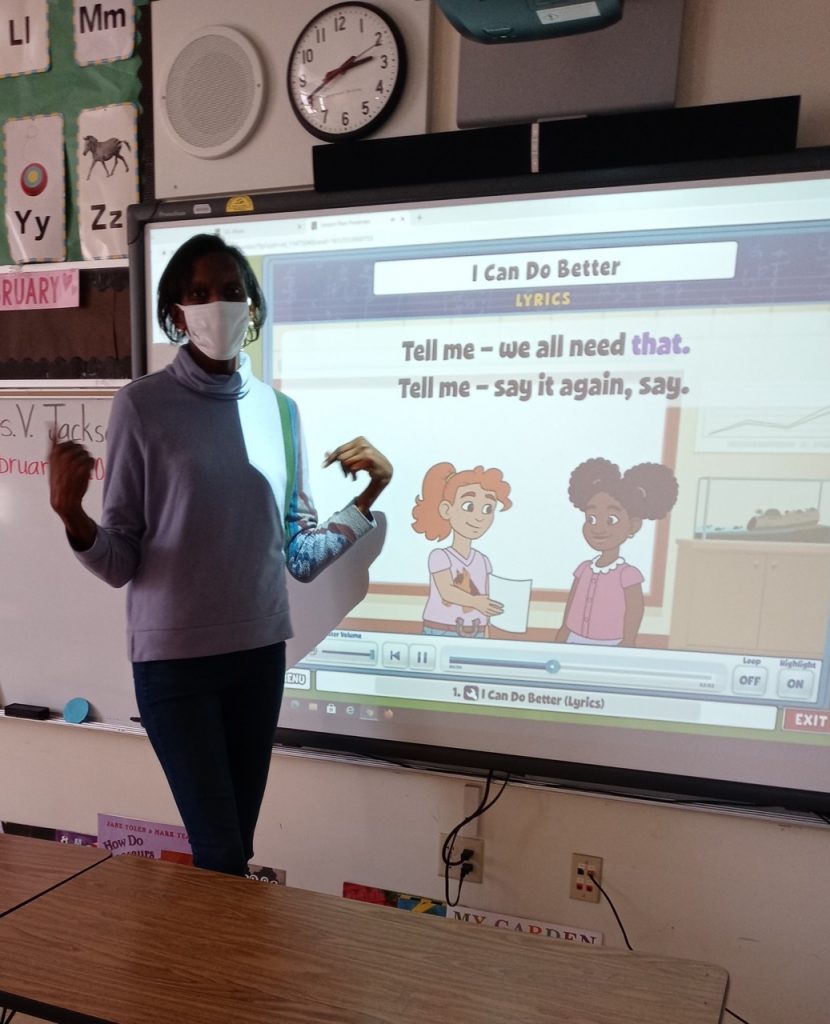
According to Wooten, it’s more than Quaver’s snappy songwriting and lovely lyrics that create magic in her classroom. It’s the message in the music that makes the difference.
Wooten’s classroom is living proof that music can improve mental health, accelerate academic achievement, and promote social and emotional development – and QuaverSEL is the single thread that pulls all of these different pieces together into a single, beautiful tapestry.
The link between music and mental health is real. It is evidence-based and emotion-powered. Best of all, it is a living link.
And it is Quaver’s extraordinary SEL curriculum and dedicated teachers like Latricia Wooten that help keep that link alive.
***
Kristin Clark Taylor is an author and journalist.

